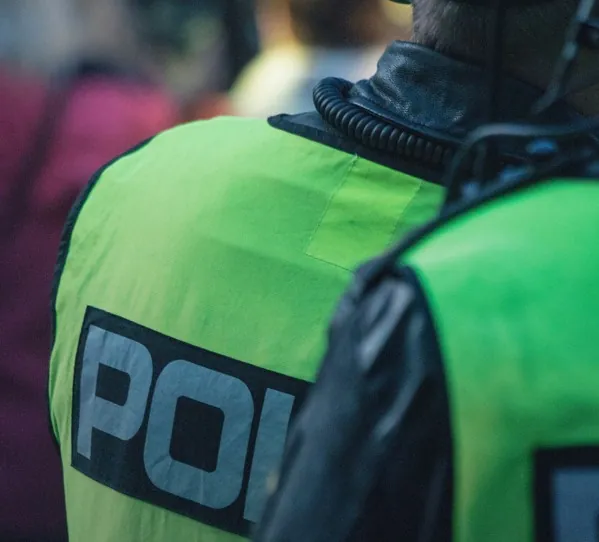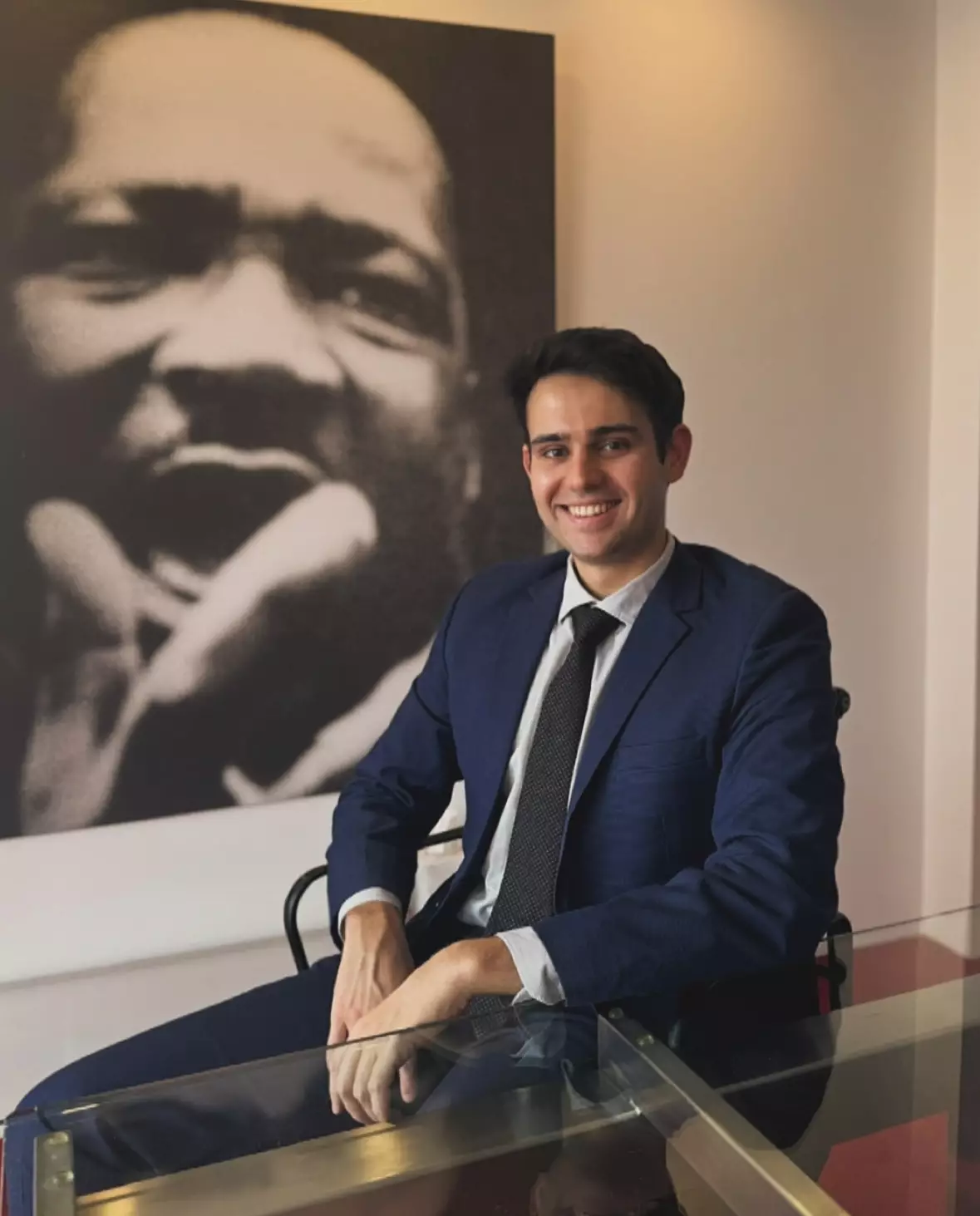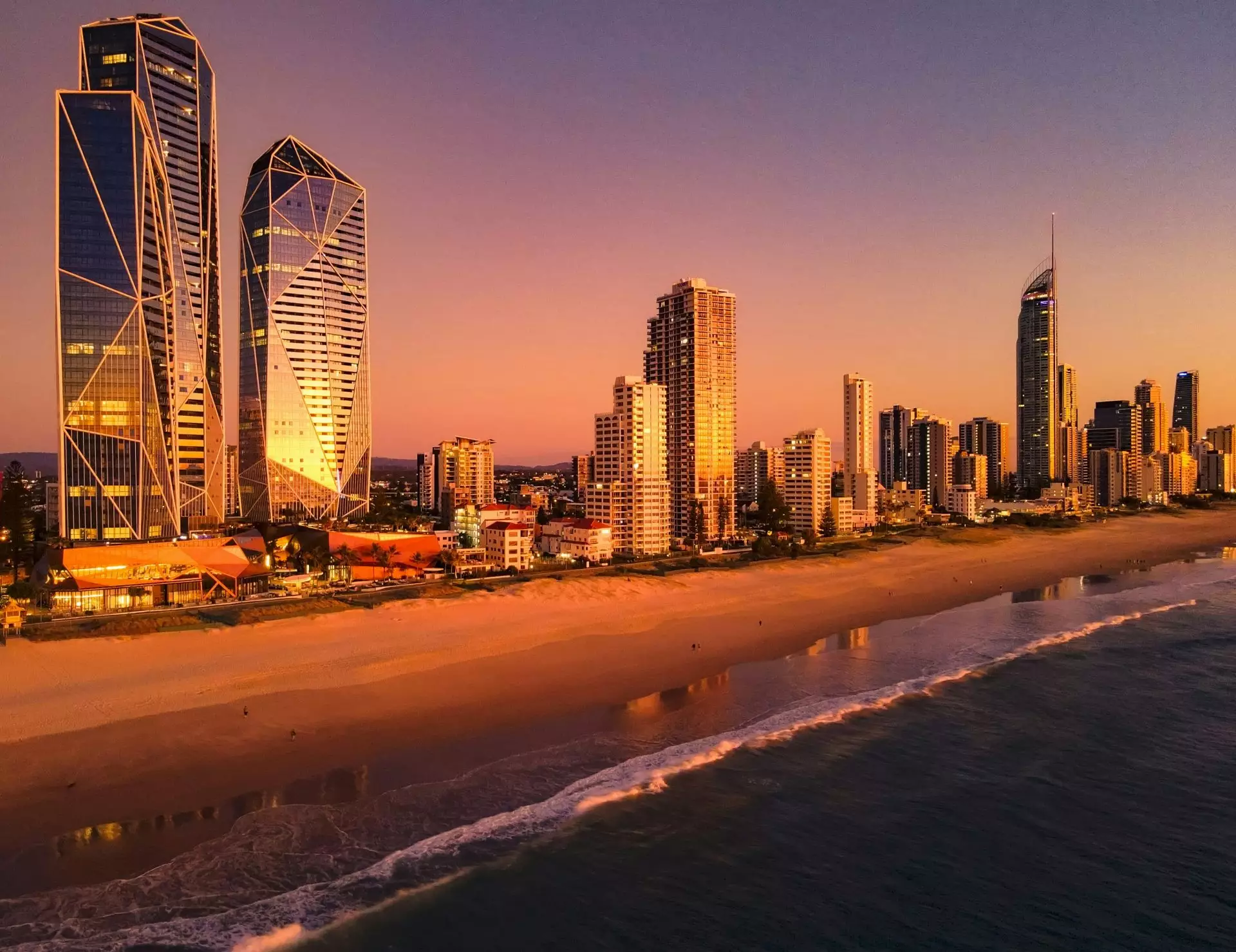The sad reality of the uncertain times in which we live is that any major public event will inevitably carry an increased security threat, and a corresponding call for heightened security protocols and broader police powers. In the case of the Gold Coast 2018 Commonwealth Games, the Queensland Parliament has answered that call by arming police with extraordinary and quite intrusive powers to stop, detain and search people and vehicles without warrant or even reasonable suspicion, use sniffer dogs, metal detectors, Backscatter x-ray vans and other investigative technologies, and randomly enter and search private property at will.
Photo by Daniel Tafjord, Unsplash
I’m proud to say Nyst Legal has been retained by Commonwealth Games Australia to advise Australian athletes and Team management during the Games, and part of our role has been to ensure those temporary, extraordinary powers are properly used.
The powers apply in the so-called “protective security zones” established around all Games venues and surrounding areas, including public transport infrastructure such as the G Link and heavy rail.
Normally, police may not enter or search private property without a warrant, unless they can demonstrate some compelling reason why they need to, such as to stop domestic violence, or to arrest someone who is escaping, or stop evidence being destroyed. Likewise, they may only forcibly detain and search someone without a warrant if they have a reasonable suspicion the person has on them a weapon or other prohibited item or evidence of the commission of an offence, and similar provisions relate to the search of vehicles.
Those have always been recognised as important safeguards to the personal liberty of our citizens, protecting them from the kind of arbitrary and ugly invasion, detention and search procedures sometimes featured in authoritarian regimes around the world. None of us should be tempted to lightly discount or surrender such protection. But extraordinary circumstances sometimes call for extraordinary measures, so for the duration of the Games the ordinary safeguards have been relaxed.
In the designated protective security zones, police are empowered to stop and search people without warrant, information, or even demonstrable good reason. They can also stop vehicles and forcibly search them, again without any justification required. Likewise, there is no restriction on their entering private property at any time of the day or night, although they are precluded from forcibly entering an actual residence without the consent of the occupier, unless they reasonably suspect a dangerous offence may be committed in or from that residence, in which case they can force their way in anyway.
It doesn’t take much to see these are extraordinary powers, foreign to our traditional views of liberty and privacy. But Parliament has extended them to our police, temporarily, to ensure everyone’s Commonwealth Games experience is a safe and happy one. The challenge for the QPS will be to ensure those powers are not abused, and I have no doubt that is a strong focus of the Big Brass up at Police Headquarters.
Likewise, of course, the citizenry must do its part. Police have a vital job to do in protecting us all during the Games, and our job is to show them appropriate patience, understanding and compliance, to help them to get their job done.
So far, it seems, so good.












